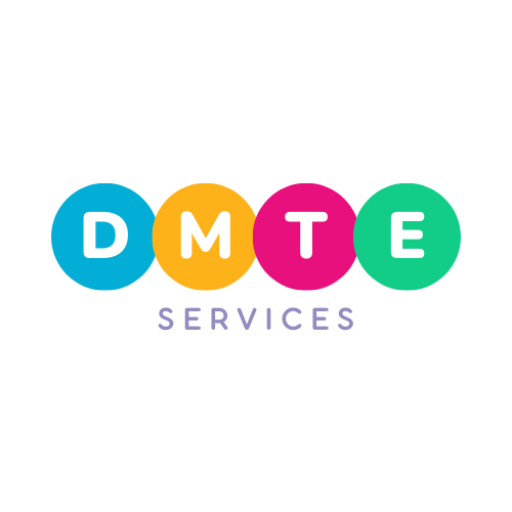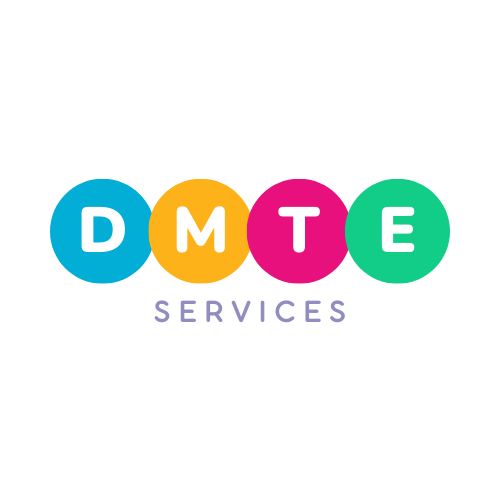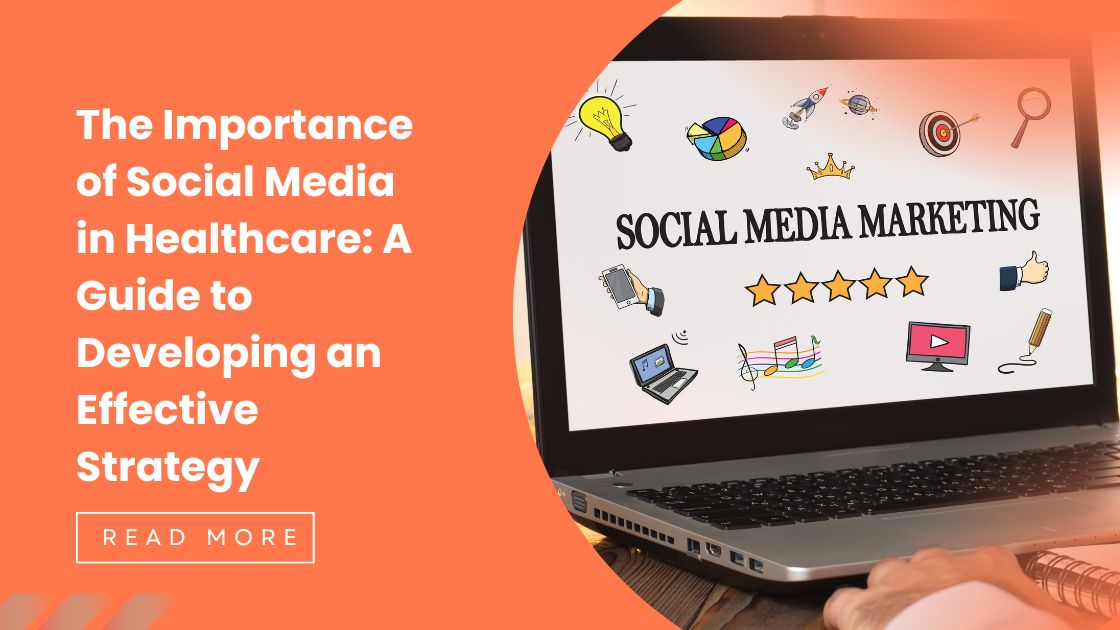The Importance of Social Media in Healthcare: A Guide to Developing an Effective Strategy
In today’s digital age, the intersection of social media and healthcare is proving to be revolutionary. The utilization of platforms like Facebook, Twitter, and Instagram extends beyond personal connections, playing a crucial role in the healthcare sector. This article delves into the significance of social media in healthcare and provides a comprehensive guide on developing an effective strategy.
Importance of Social Media Strategy
The landscape of healthcare is evolving, and so is the way information is disseminated. Social media has become a powerful tool, bridging the gap between healthcare providers and the public. From patient education to fostering communication, its impact is profound.
While the presence of healthcare on social media is undeniable, the key lies in developing a strategic approach. This involves understanding the dynamics of different platforms and tailoring content to engage the target audience effectively.
The Impact of Social Media in Healthcare
Social media serves as an accessible platform for sharing reliable health information. Patients can now access resources that empower them with knowledge, contributing to better-informed healthcare decisions.
Effective communication is the cornerstone of quality healthcare. Social media facilitates real-time interaction between healthcare providers and patients, fostering a sense of connection and trust.
In times of public health crises, social media becomes a vital channel for disseminating accurate information rapidly. This helps in combating misinformation and ensuring public safety.
Building an Effective Social Media Strategy
Understanding the demographics of the target audience is crucial. This information shapes the choice of platforms and the type of content that resonates with the intended viewership.
Content is king, and in the realm of social media, it reigns supreme. Crafting engaging and informative content is essential to capture and retain the audience’s attention.
The visual appeal of content cannot be overstated. Integrating images, infographics, and videos enhances the overall impact and shareability of healthcare-related information.
Patient testimonials and success stories add a human touch to healthcare narratives. They instill trust and provide real-life examples of the positive impact of medical interventions.
Legal and Ethical Considerations
Respecting patient confidentiality is non-negotiable. Healthcare professionals must navigate social media with caution, ensuring that patient privacy is safeguarded at all times.
Regulatory guidelines govern the ethical use of social media in healthcare. Adherence to these guidelines is paramount to maintaining the integrity and reputation of healthcare institutions.
Negative feedback is inevitable. The key is to address it responsibly, demonstrating a commitment to improvement and patient satisfaction.
Measuring Success and Analytics
Tracking tools are essential for measuring the performance of a social media strategy. They help to understand the level of reach, engagement, and audience characteristics.
Metrics such as click-through rates, shares, and comments offer valuable insights. Regular analysis allows for adjustments to the strategy based on what works best for the audience.
Case Studies
Healthcare professionals can benefit from studying successful and challenging cases of social media strategies in their field. They can gain practical insights from the best practices and learn how to overcome potential issues.
Future Trends in Social Media and Healthcare
The future holds exciting possibilities with the integration of technologies like augmented reality and virtual reality in healthcare social media strategies.
As patient expectations evolve, healthcare strategies must adapt. Understanding and incorporating these changing expectations is essential for staying relevant.
Conclusion
In conclusion, Social media is a vital tool for healthcare professionals and businesses alike. It can enhance patient education, communication, and public health, as well as grow your brand awareness and reach. However, integrating social media in healthcare and business requires a strategic approach to optimize the benefits and minimize the risks. If you need help with creating a powerful social media strategy, contact us today and get a free consultation from the best social media marketing agency in Delhi.


